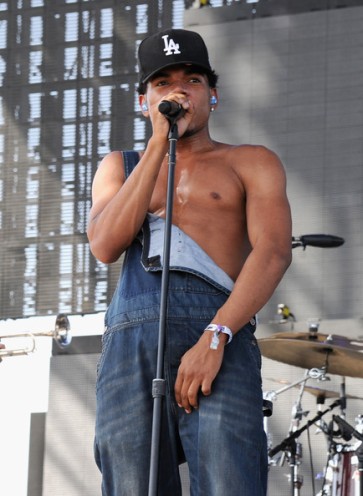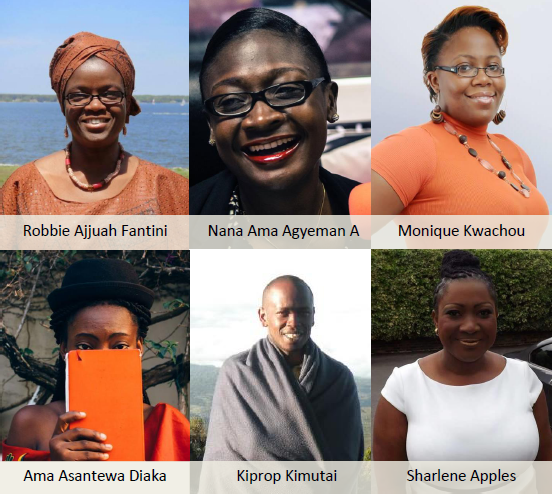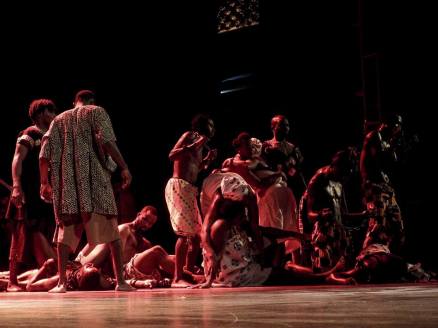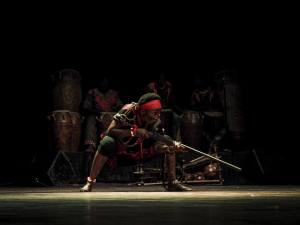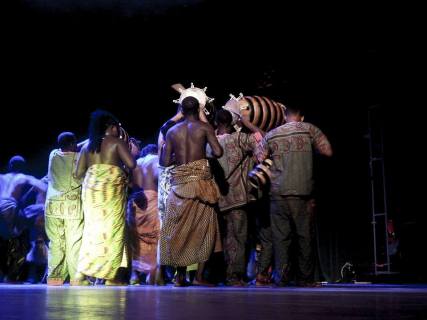
Former ‘beloved American Dad’, Bill-the-Qualude-Spiker-Cosby is in deep shit right now. The New York Magazine may just have expedited his descent into hell and at this point I’m wondering how he is ever going to breathe free, non-predator air again.
For a cover story at the beginning of the week, NYM interviewed and photographed 35 of Cosby’s alleged victims, supplementing the story with video interviews with six of them. This is not the first time stories from Cosby’s alleged victims have been shared in major magazines and media outlets. The Washington Post has done a number of stories on alleged victims.
But New York Magazine’s cover last Sunday shocked us all. In a radical move, the publication created a community among the victims, by featuring 35 courageous women who braved rape culture to tell their stories in a single space. All of the women who shared their stories took advantage of the unity of their voices to bring the world to its knees at the pure atrocity of one man’s predation, risking the loss of their previously relative anonymity. Perhaps, the most poignant picture of all was that of “The Empty Chair,” left empty to represent the voices of many victims of rape forced into silence by society.
And in this lies the world’s problem with rape cases. Believe it or not, that problem is not Bill Cosby. The real problem here is us; we who are complicit in a culture of rape. Fathers, mothers, brothers, sisters, friends, public servants, the media, religious leaders, etc – we all carry a hell of a lot of guilt in silencing and slut-shaming rape victims and empowering a breeding ground for rape to thrive.
Ghana had its own high profile, and Cosby-like case during the last few days of 2014 which had every news and social media outlet buzzing. Renowned and celebrated broadcaster, Kwasi Kyei Darkwah, alias KKD, had been arrested over charges for raping a 19 year old girl. The saga played out for about 4 months, ending anticlimactically when the 19-year-old alleged victim expressed her disinterest in pursuing charges and KKD was freed and the rape charge against him dropped.
The other side of the story which no one told was the heartless levels of slut-shaming and name dragging that the victim went through. Media outlets and members of the general public published pictures of the victim for maliciocious, curious or simply ignorant reasons, and printed her name for all to know exactly who she is. ‘How dare she attack a man we respect and love?’; ‘What was she doing in a hotel room with him anyway?’; ‘She’s a bad girl trying to bring down a good man’; ‘She’s not under age so it’s not rape’. Her name was dragged into the mud and her face was put right next to it. Hey, after all, if she was willing to destroy a good man’s name; punish her by destroying her name, too.

After all this trauma of public shaming, making her a prisoner in her own home and a persona non grata in her own country, why would the victim not simply drop the case? This is how our rape culture intruded in this particular case; by shaming a victim to the point of scaring her from seeking any justice.
We have normalized the slut shaming of rape victims so much that our first instinct is to take down the victim, before pursuing his/her attacker, if he\she is pursued at all. This is perverse. Even more perverse when dealing with rape cases or any story with even just a tinge of sexuality (like leaked nudes), is how the public becomes voracious about finding out every single and needless sexual detail, and never with the intent of trying to help the victim or seek truth, but for self gratification. There is a sense that average people gossiping about such stories, and even journalists, seek to satisfy a sexual craving by reliving a rape experience or imagining a sex tape sequence. It sounds mad, I know, but pictures are painted a little bit too eagerly, the female’s body described with a little too much relish, possible sex positions the victims could have had are thrown in a little inappropriately. Almost as though none of us are having enough sex and this is a way we get a kick. And this nastiness is carried from private conversation to actual media reports.

Rape culture makes it almost impossible for any victim to step forward. Thus, a person that steps out, at the cost of backlash and public disgrace which might taint him/her for a long time, should be treated with much less incredulity and harshness.
SIGNS OF A RAPE CULTURE
- When a victim would rather keep his\her trauma to himself/herself for years, risking depression and numerous other consequences for legitimate fear of being called a liar and disgraced. When friends treat the victim as a pariah for fear of ‘catching rape’
- When parents will be quick to warn you to tell ‘no one about Uncle Kofi touching you’ for fear it will bring disgrace to the family
- When Uncle Kofi has sufficient confidence in your shame to threaten you into silence. The narrative favors the predator.
- When a victim of rape is generally seen as a ‘soiled thing’ and ‘imperfect’, particularly because women are supposed to be ‘pure’ and ‘virginal’ till marriage.
- When a victim of rape is treated with incredulity and slut shamed.
- When religious leaders, who generally command immense respect in Africa, advise victims to ‘forgive and forget’ their attackers and take them through some form of ‘purification’ to cleanse the ‘dirt’
- When you cannot trust media (traditional and social) to call for justice on a victim’s behalf.
- When there are incredible efforts made to silence victims (a one-time journalist for a respected Ghanaian newspaper outlet admitted to shelving other such stories in the past to protect KKD)
- When a victim dares to go against a ‘big man’ he\she will be accused of being a gold digger on a smear campaign. (Like with the victims in Bill Cosby’s case)
- When society accepts that sexual violence is a fact of life so suck it up and stop complaining.
- When the media refers to a serial rapist as only a ‘playboy’, when journalists euphemize rape as ‘sexual misconduct’.
- Victim blaming:
- ‘Why were you dressed that way’?
- ‘Why did you go there at that time’?
- ‘Why did you drink’?
- ‘She seemed mature for her age’
- ‘You were raped? You’re a homosexual? That’s your punishment’!
- When you’re not even sure you have been raped even though you definitely do not feel comfortable with what has just happened.
- How can a man be raped? Are you a man at all?
- Where there is the idea of a ‘Perfect Victim’, in whose case society will rally around to protect and punish the attacker. This Perfect Victim is usually a child of toddling age. For all others who do not fit the specifications of the Perfect Victim, the other signs above apply.
The number of alleged Cosby victims that spoke up on the New York Magazine Cover surprised the world. How on earth did he do that? In actual fact, it is not surprising at all. Cosby has no insane sexual prowess that is abnormal from the next person. What we should be surprised about is how WE let Cosby do these horrible things to forty alleged victims and counting. As well as all the other Cosbys not yet ousted in our communities because of the signs listed above. The only way an accumulation of such an enormous figure can happen is if we, if the CULTURE allowed it, and silencing the very first person set the trend. And then it became rape galore.
Did you check all the signs above about your community like I did? Well then, if you did, there are several other Cosbys in your community that we’ve tossed The Empty Chair away for, in place of a nice, comfy golden throne for their rapist bums.
Let’s end this. Let’s crash the throne, change the narrative, and save lives. This is cliché, but it really does depend on you and me.
Click here to read the revolutionary New York Magazine feature
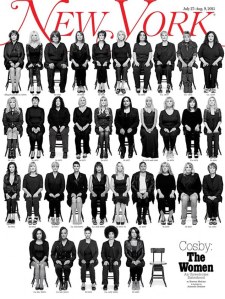
By Akosua Hanson
